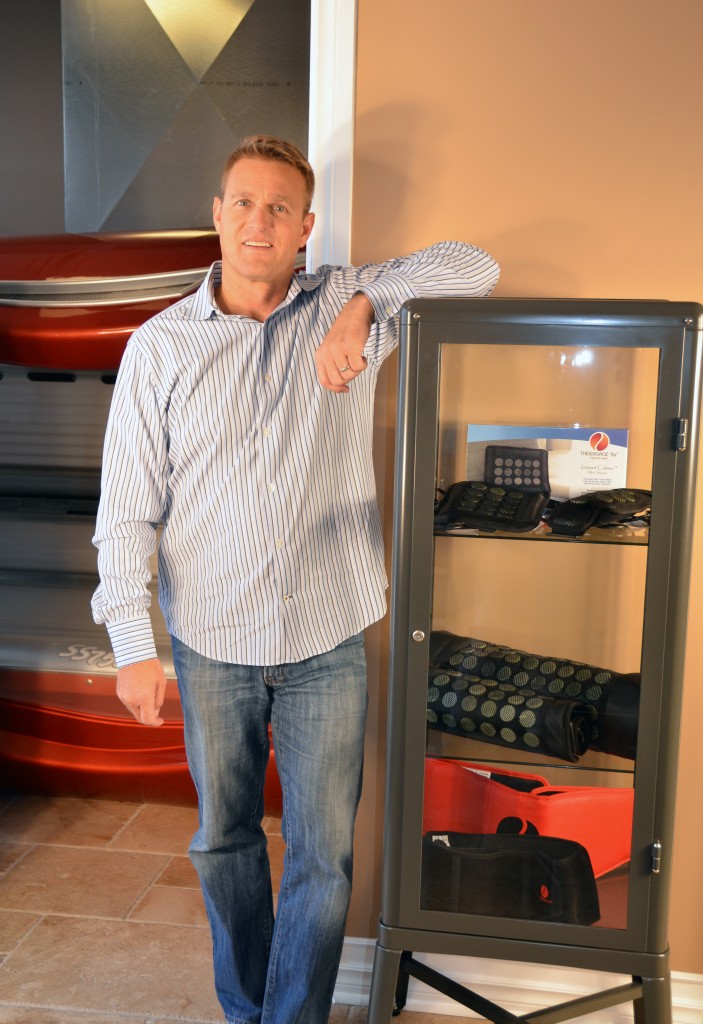Member of the Month
Andy Boznar, UTan Theraspa
Andy Boznar, owner of UTan Theraspa in Stittsville, ON, jumped on the opportunity to open a professional indoor tanning business at the University of Ottawa. Since then, he’s spent 15 years rolling with the punches – from regulations to new locations – and proved that his nimble business could always land on top. In a Smart Tan Exclusive interview, Andy shares his tactics for getting the right employees and keeping them motivated:
I train and empower my staff to provide an overwhelming amount of service, so I’m very demanding about hiring the right staff. We are successful because we are selective in the interview process. I’m good about reading someone to see if they are just telling me what I want to hear, or if they are telling me what they are really like. I rarely hire people who have worked in a tanning salon because it’s too hard to undo bad training.
Scheduling also makes a big difference – a lot of places will only give a week’s notice for the schedule, but we plan for an entire semester. If you work a shift, that is your shift for the whole semester. We also create new schedules during exams and empower people to get someone to cover for them if something isn’t going to work out. We established a process for it so people can plan ahead.
Everyone starts at minimum wage, but our commission schedule keeps people incentivized. They make 5% on a service package, 7% on products under $50, and 10% on products over $50. Sixty percent of the commission goes to the individual, and the other 40% is put in a pot, then divided amongst workers by how many hours they worked. Making a sale is a team effort, so this system rewards individuals for making the sale as well as the entire team who helps by educating that customer every time they come in. I also use the average sales per hour for each employee to set goals and see how they are performing.
I’ve kept staff for a long time – the longest is 7.5 years – and I think that’s because we keep them accountable. I notice that around the two-year mark, the get a little complacent with policies and procedures, thinking they can take shortcuts. If that happens, we sit down and talk about it to make sure they know they are doing something wrong. If they don’t know, that’s my fault, but if they choose to do things differently, they need to know they are being disrespectful and I try to manage the expectations. If you let it go unaddressed, the tension builds and the customers are the ones who ultimately pay the price.
To learn more about the salon, visit www.utan.ca.



